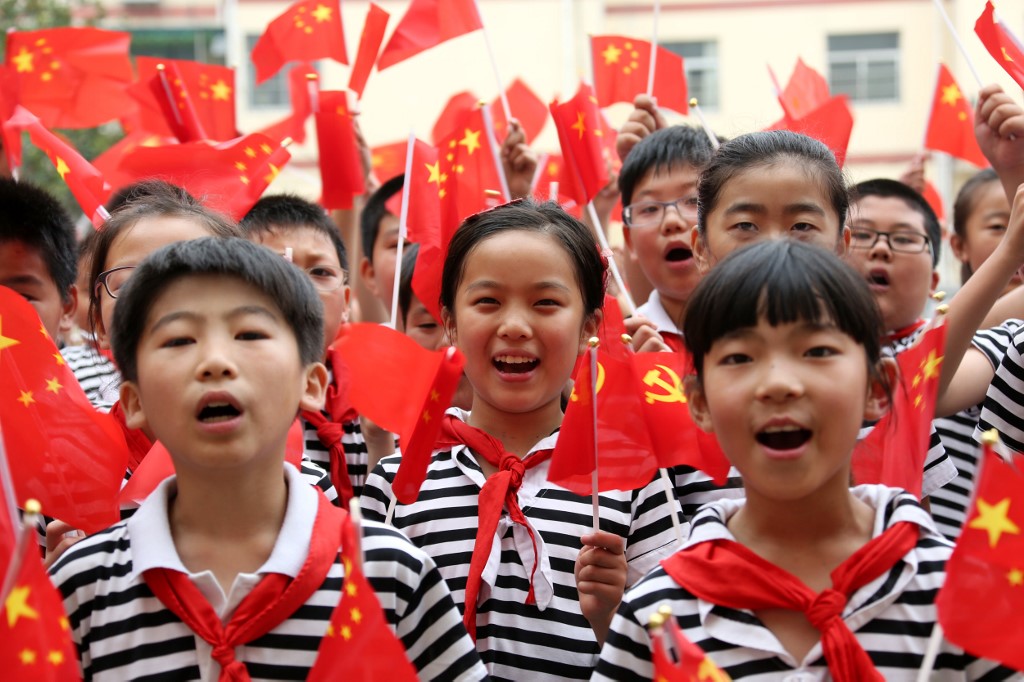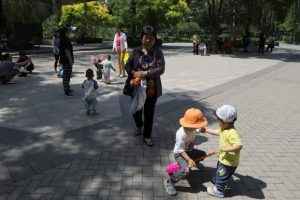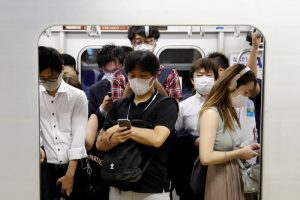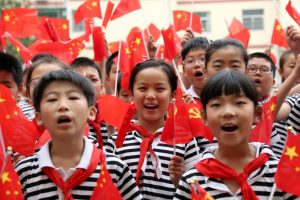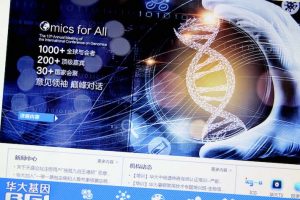A “window of opportunity” from China’s demographic dividends will shut soon, with fewer births pressuring the working population, a Chinese demographic expert warned on Thursday.
In future, China would have to turn to dividends from its elderly population instead, Song Jian, a demographics professor at Renmin University, told a news briefing in the capital, Beijing.
While China’s economy has benefited from its large population in previous decades, the birth rate dropped to a record low in 2021, extending a downward trend that prompted Beijing last year to allow couples to have up to three children.
The policy arrives as the government looks to curb the impact of an ageing society in the world’s most populous nation, with 1.4 billion people in 2020, according to the government’s most recent census.
With just 1.3 children per woman in that year, China’s fertility rate is on par with ageing societies such as Japan and Italy, and far short of the roughly 2.1 needed to reach replacement level.
‘Solutions’ to Ageing World
While China’s changing age structure poses labour market challenges and places additional stress on the healthcare sector, Hong Kong’s stock exchange sees opportunities in the new demographic mix.
“The role of biotech, and of automation, enabled by AI and robotic systems, are seen by many as a viable solution to the issues that an ageing world will bring,” the bourse noted in a report this month.
HKEX said the use of biotech innovations might help to alleviate the strains that an ageing population could place on healthcare resources.
“For example, the increased use of vaccinations or the development of age-related biologic drugs, could lead to an overall reduction in medical visits, diagnostic tests, treatments and hospitalisations,” the report said.
Wide Fields of Research
Hong Kong has more than 250 biotech-related companies specialising in fields ranging from pharmaceuticals and traditional Chinese medicine, to medical devices and diagnostics.
HKEX said Hong Kong is also the largest biotech fundraising hub in Asia, and the second largest in the world.
“Since the launch of HKEX’s listing reforms in 2018, Hong Kong has welcomed 92 healthcare and biotech listings raising a total of $255 billion as of December 2021,” the exchange said.
HKEX is pushing its artificial intelligence and robotics stocks as a key research area for the future. “Robot-assisted surgery enables greater precision and fewer complications,” it said.
- George Russell, with Reuters
READ MORE
China Population May Shrink This Year: Bank Of America
Explainer: How ‘Common Prosperity’ is Changing China
Hong Kong biotech could thrive in Covid crisis




